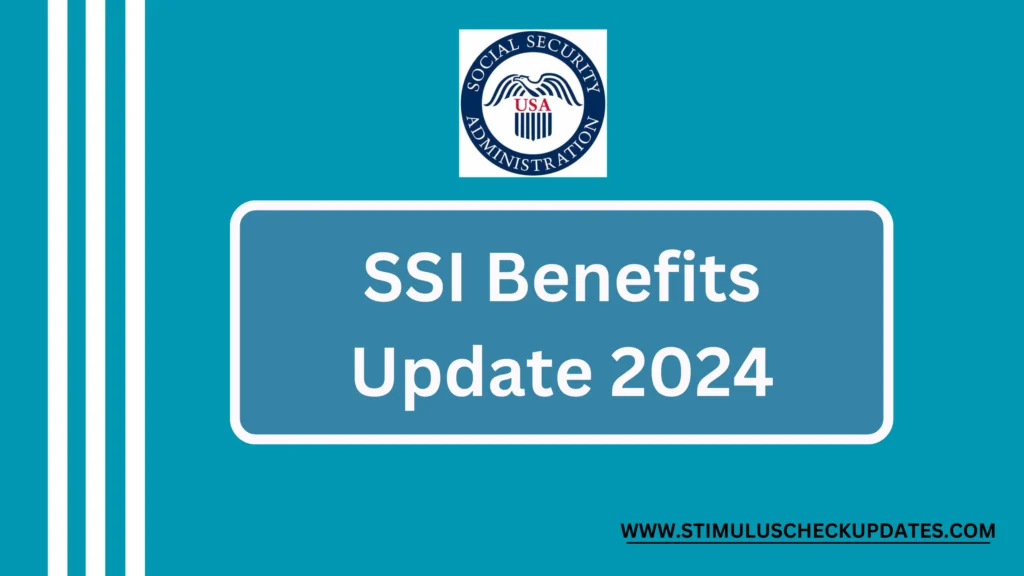In the fast-paced world of business, employers are continually seeking innovative ways to attract and retain top talent. One such avenue that not only benefits employees but also provides substantial tax advantages for employers is the IRS-Approved Childcare Tax Credit. In this comprehensive guide, we will explore the intricacies of this credit, its eligibility criteria, and how businesses can leverage it to create a family-friendly workplace while maximizing financial benefits.
Understanding the IRS-Approved Childcare Tax Credit
An Overview of Employer-Provided Childcare Credit
For businesses offering childcare services to employees, the IRS-Approved Childcare Tax Credit serves as a valuable general business credit. This credit covers qualified expenditures related to both childcare facilities and childcare resource and referral, presenting an opportunity for employers to enhance their overall employee benefits package.

How It Works
Calculating the Employer-Provided Childcare Credit
The IRS-Approved Childcare Tax Credit allows employers to claim up to $150,000 per year. This credit is calculated as 25% of qualified childcare facility expenditures and 10% of qualified childcare resource and referral expenditures incurred during the tax year.
Incentivizing Childcare Services
This credit serves as a powerful incentive for employers to provide childcare services to their workforce, fostering a family-friendly work environment and contributing to increased employee satisfaction.
Eligibility Criteria
Who Qualifies for the Employer-Provided Childcare Credit?
To be eligible for the credit, an employer must have paid or incurred qualified childcare expenditures during the tax year to provide childcare services to employees. The following section outlines the key eligibility criteria.
Qualified Childcare Expenditures
Understanding Qualified Childcare Facility Expenditures
Qualified childcare expenditures include costs associated with acquiring, constructing, rehabilitating, or expanding property used as a qualified childcare facility. These expenditures also cover operating costs, such as training programs for childcare workers and increased compensation based on childcare training levels.
Qualified Resource and Referral Expenditures
This section delves into the definition of qualified resource and referral expenditures, which includes amounts paid or incurred under a contract with a qualified childcare facility to provide childcare services to employees of the taxpayer.
Characteristics of a Qualified Childcare Facility
What Defines a Qualified Childcare Facility?
This section outlines the necessary conditions for a facility to be considered qualified, including compliance with local laws and regulations, open enrollment to employees, and non-discrimination policies.
Ensuring Compliance with IRS Section 414(q)
Understanding the intricacies of IRS Section 414(q) is crucial to avoid discrimination in favor of highly compensated employees, ensuring fair and equal access to childcare facilities.
Claiming the Credit
How to File for the Employer-Provided Childcare Credit
This practical guide walks employers through the process of claiming the credit using Form 8882, providing step-by-step instructions and tips to ensure accuracy.
No Double Benefit Allowed
Employers must be aware of certain limitations, including the reduction of the basis of the qualified childcare facility and adjustments to business deductions and credits, to avoid any unintended consequences.
Case Studies – Success Stories
Showcasing Businesses that Thrived with the Childcare Tax Credit
This section delves into real-life case studies, illustrating how businesses from various industries successfully implemented the IRS-Approved Childcare Tax Credit. These stories offer insights into best practices, challenges faced, and the tangible benefits experienced by both employers and employees.
Testimonials from Employees
Featuring testimonials from employees who have directly benefited from their company’s commitment to childcare services creates a human connection. Personal stories highlight the positive impact of the childcare tax credit on work-life balance, productivity, and overall job satisfaction.
Future Trends and Developments
Staying Ahead of the Curve
As workplace dynamics evolve, staying informed about potential changes in tax regulations and industry trends is essential. This section provides insights into anticipated developments related to employer-provided childcare credits, ensuring businesses are well-prepared to adapt and continue maximizing benefits.
Expert Tips for Implementation
Advice from Financial and HR Experts
To facilitate seamless implementation, this section offers expert advice from financial and HR professionals. From budgeting for childcare expenditures to creating a supportive company culture, these tips guide businesses in optimizing the impact of the IRS-Approved Childcare Tax Credit.
you may also like:

Conclusion:
In conclusion, the IRS-Approved Childcare Tax Credit is a valuable tool for businesses aiming to enhance their employee benefits package while enjoying substantial tax advantages. By understanding the eligibility criteria, qualified expenditures, and compliance requirements, employers can create a workplace that not only attracts top talent but also prioritizes the well-being of employees and their families. This comprehensive guide serves as a roadmap for businesses looking to unlock the full potential of the IRS-Approved Childcare Tax Credit.
FAQs: IRS-Approved Childcare Tax Credit
[sp_easyaccordion id=”2266″]
for more updates visit to our website www.stimuluscheckupdates.com

